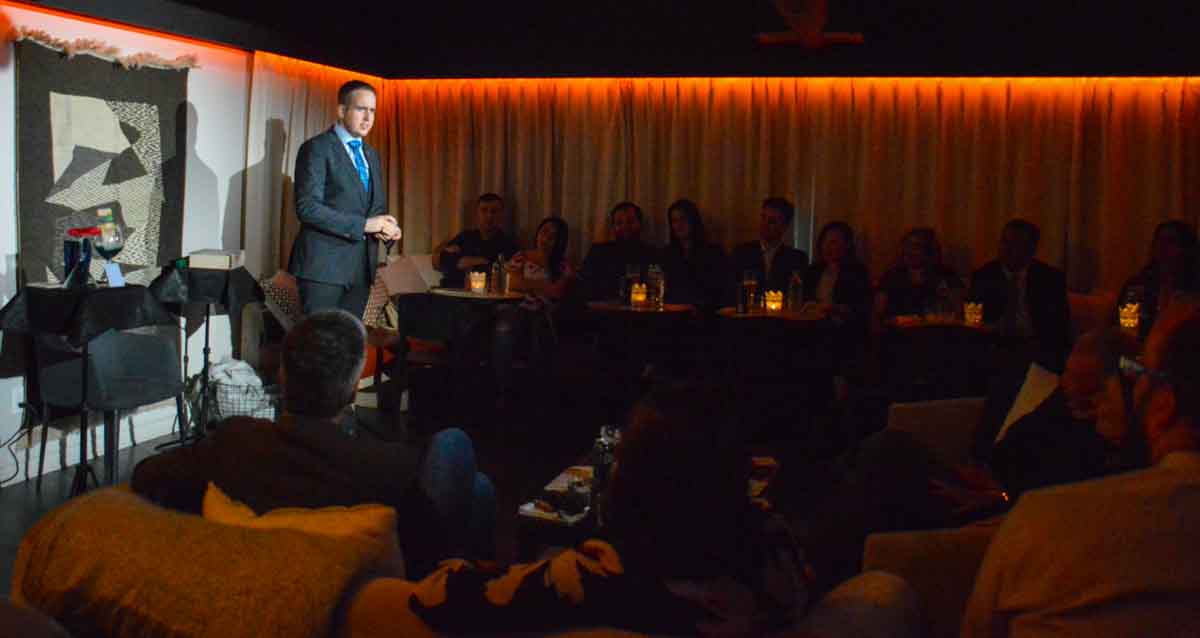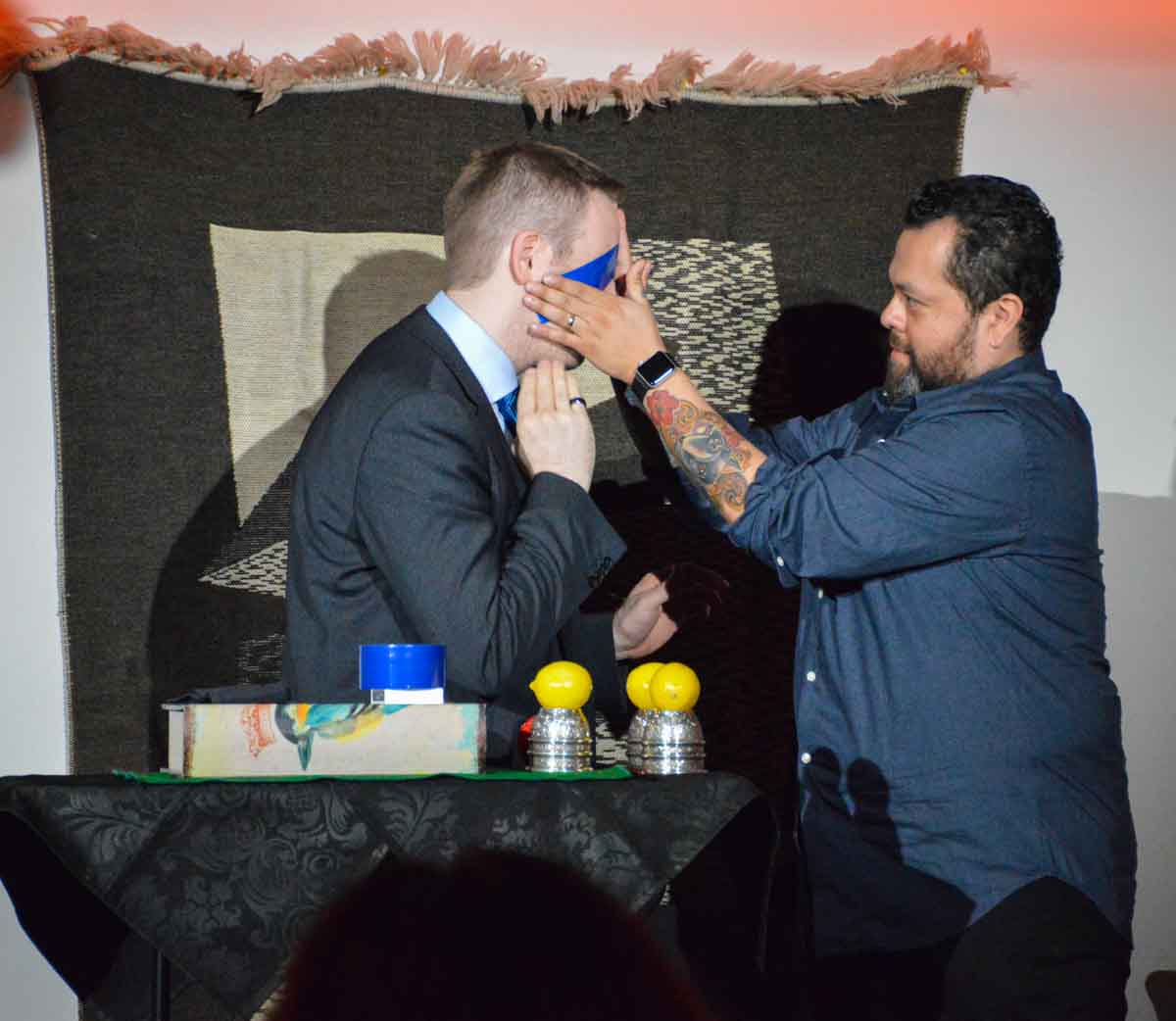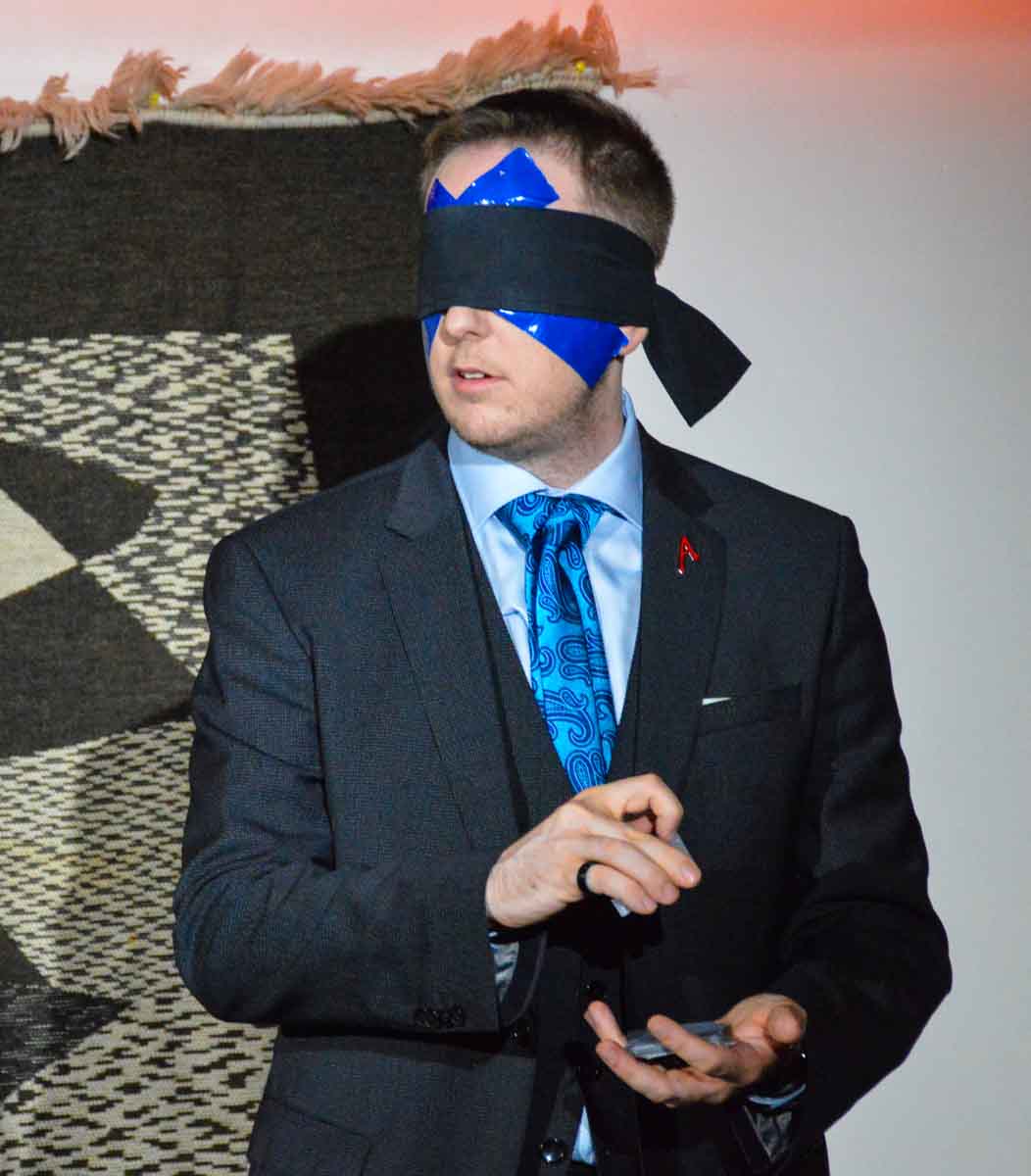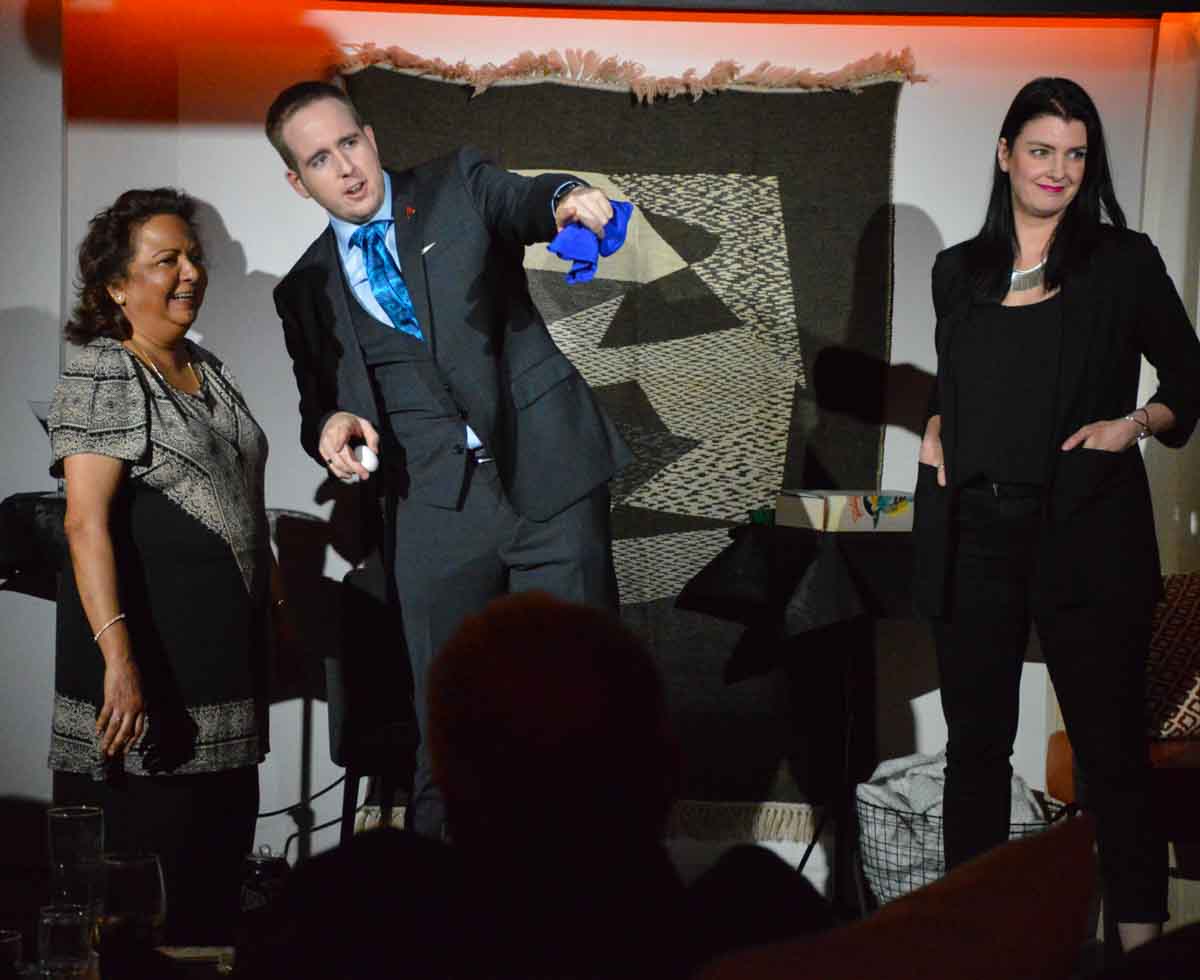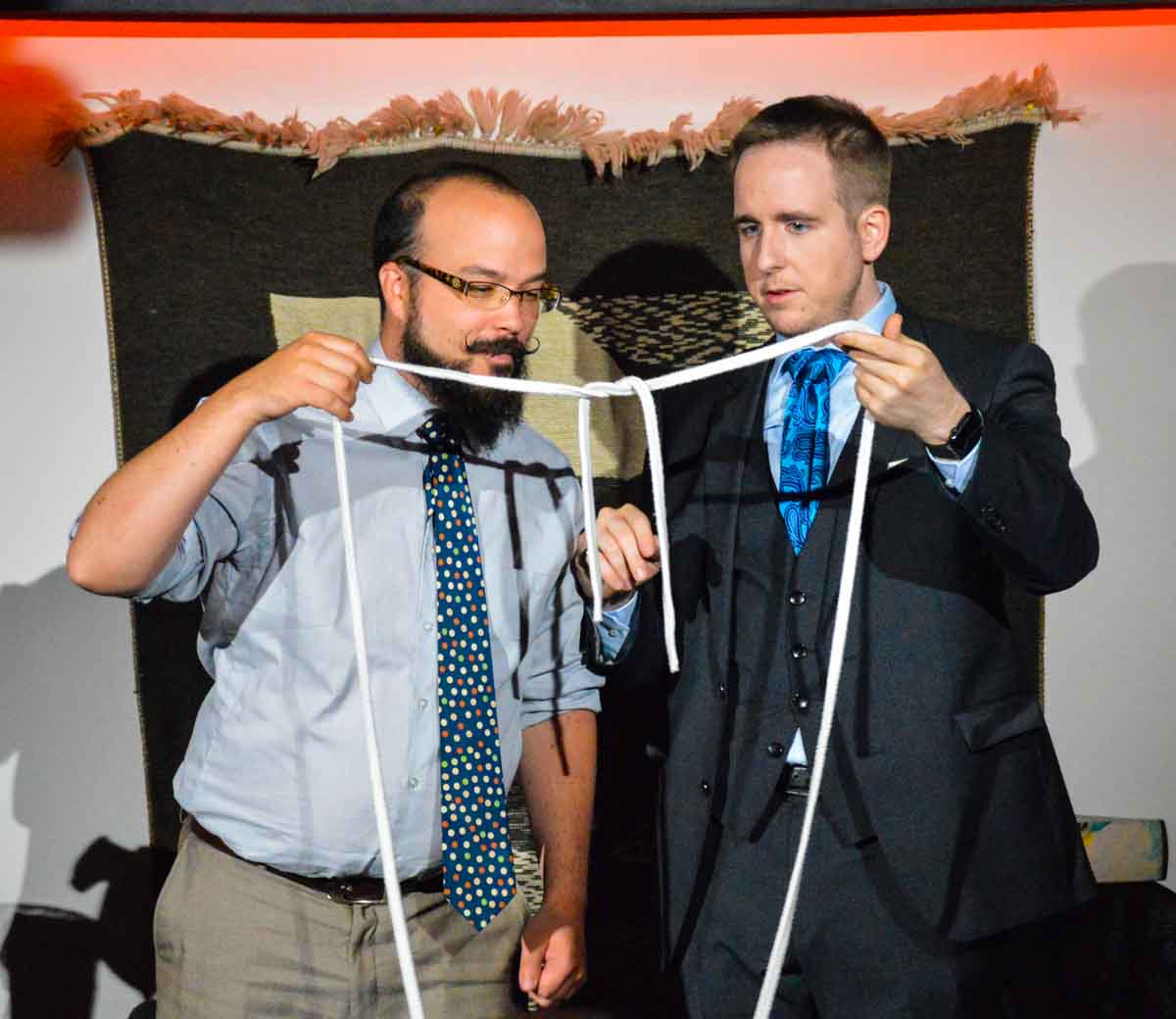That statement is naturalism in a nutshell and perhaps one of the most profound discoveries in human history. This clip is 50 years old and is even more true now than it was then.
We're allowed to call nonsense nonsense. But that's what makes the article troubling. It seems to be a call to take these ideas seriously, but rather a plea to be politely ignored so they can believe nonsense in private.
It's an interesting moral dilemma. At what point does the value of being polite and courteous trump the value of being factually accurate? After all, if we're really supposed to have liberty, doesn't that include the liberty to believe things that aren't true and be left alone? And the answer would be a solid maybe but for the fact that she's published in the New York Times and therefore every silly thing she says is fair game.
Deep down, this is an article written in defence of The Placebo Effect — epistemological hedonism — if it makes you feel better, believe it. But this is something that needs to be fought, fake news aside. The reason she is in this situation is because of health concerns:





